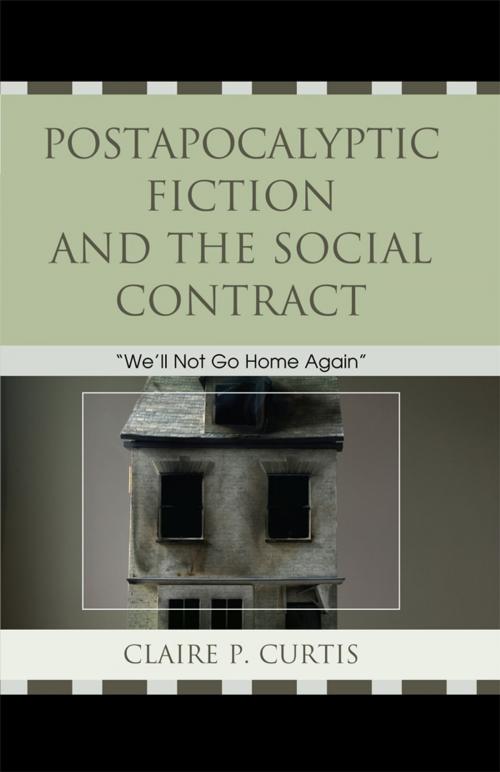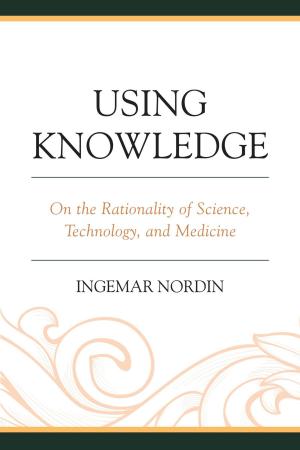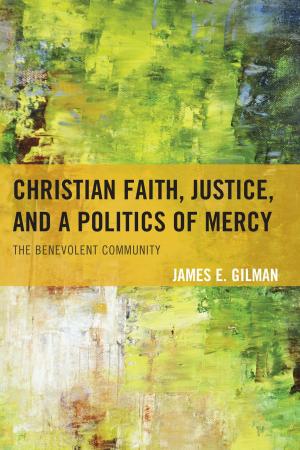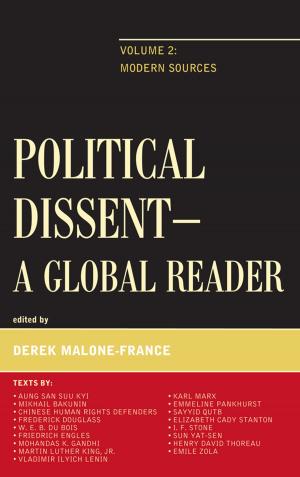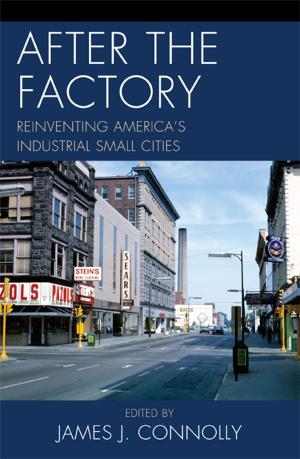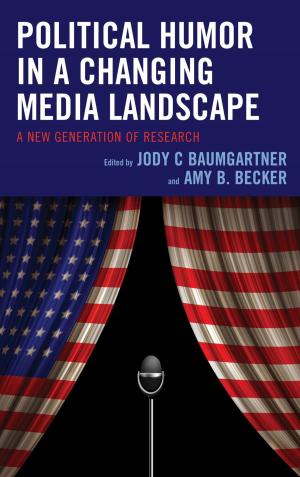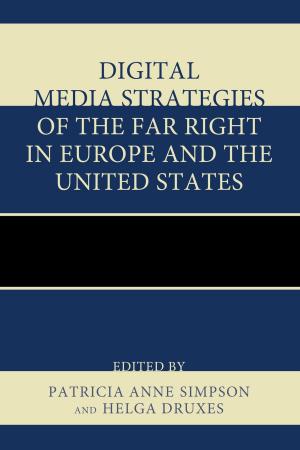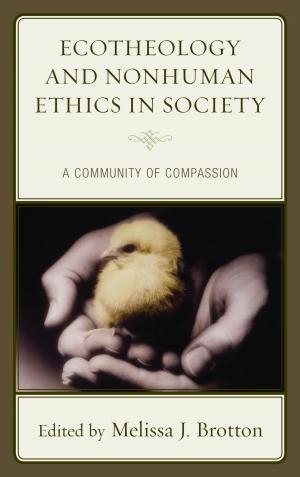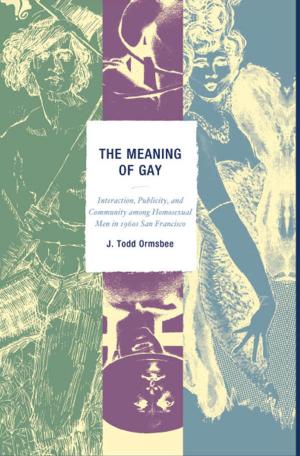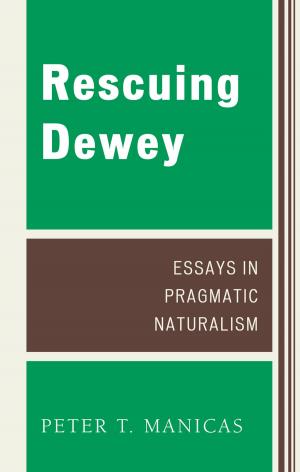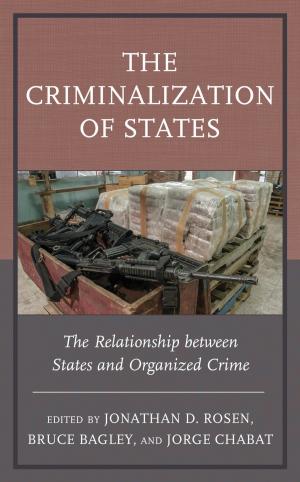Postapocalyptic Fiction and the Social Contract
We'll Not Go Home Again
Fiction & Literature, Literary Theory & Criticism, Science Fiction, Nonfiction, Social & Cultural Studies, Political Science, Politics, History & Theory| Author: | Claire P. Curtis | ISBN: | 9780739142059 |
| Publisher: | Lexington Books | Publication: | July 17, 2010 |
| Imprint: | Lexington Books | Language: | English |
| Author: | Claire P. Curtis |
| ISBN: | 9780739142059 |
| Publisher: | Lexington Books |
| Publication: | July 17, 2010 |
| Imprint: | Lexington Books |
| Language: | English |
Postapocalyptic Fiction and the Social Contract: "We'll Not Go Home Again" provides a framework for our fascination with the apocalyptic events. The popular appeal of the end of the world genre is clear in movies, novels, and television shows. Even our political debates over global warming, nuclear threats, and pandemic disease reflect a concern about the possibility of such events. This popular fascination is really a fascination with survival: how can we come out alive? And what would we do next? The end of the world is not about species death, but about beginning again.
This book uses postapocalyptic fiction as a terrain for thinking about the state of nature: the hypothetical fiction that is the driving force behind the social contract. The first half of the book examines novels that tell the story of the move from the state of nature to civil society through a Hobbesian, a Lockean, or a Rousseauian lens, including Lucifer's Hammer by Larry Niven and Jerry Pournelle, Alas, Babylon by Pat Frank, Malevil by Robert Merle, and Into the Forest by Jean Hegland. The latter half of the book examines Octavia Butler's postapocalyptic Parable series in which a new kind of social contract emerges, one built on the fact of human dependence and vulnerability.
Postapocalyptic Fiction and the Social Contract: "We'll Not Go Home Again" provides a framework for our fascination with the apocalyptic events. The popular appeal of the end of the world genre is clear in movies, novels, and television shows. Even our political debates over global warming, nuclear threats, and pandemic disease reflect a concern about the possibility of such events. This popular fascination is really a fascination with survival: how can we come out alive? And what would we do next? The end of the world is not about species death, but about beginning again.
This book uses postapocalyptic fiction as a terrain for thinking about the state of nature: the hypothetical fiction that is the driving force behind the social contract. The first half of the book examines novels that tell the story of the move from the state of nature to civil society through a Hobbesian, a Lockean, or a Rousseauian lens, including Lucifer's Hammer by Larry Niven and Jerry Pournelle, Alas, Babylon by Pat Frank, Malevil by Robert Merle, and Into the Forest by Jean Hegland. The latter half of the book examines Octavia Butler's postapocalyptic Parable series in which a new kind of social contract emerges, one built on the fact of human dependence and vulnerability.
